OUR TEAM > STEERING COMMITTEE
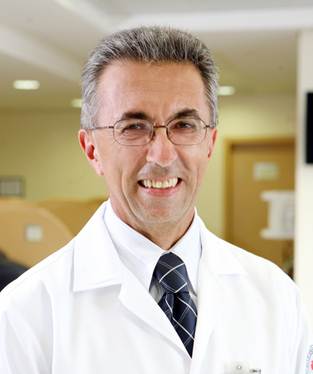
Wilson Jacob Filho
Full Professor of the Discipline of Geriatrics FMUSP
Director of the Biobank for Aging Studies
Physician graduated from FMUSP in 1976; Residency in Clinical Medicine at Hospital das Clínicas in 1977-78; Assistant Physician of the Division of Internal Medicice, HC-FMUSP in 1979; Specialist in Geriatrics by AMB-SBGG in 1982; PhD in Medicine from FMUSP in 1988; Assistant Professor of the Department of Internal Medicine, FMUSP, 1989; Director of the Geriatric Service of the HC-FMUSP in 1999; Associate Professor of the Discipline of Geriatrics at FMUSP in 2004; Specialist in Gerontology by the SBGG in 2005; Full Professor of the Discipline of Geriatrics at FMUSP in 2006. Dr. Jacob-Filho has experience in Medicine, with emphasis on Geriatrics, working mainly in the following subjects: elderly, aging and physical activity.
Research Interests
Dr. Jacob-Filho major research interests include the investigation of the determinants of healthy aging.
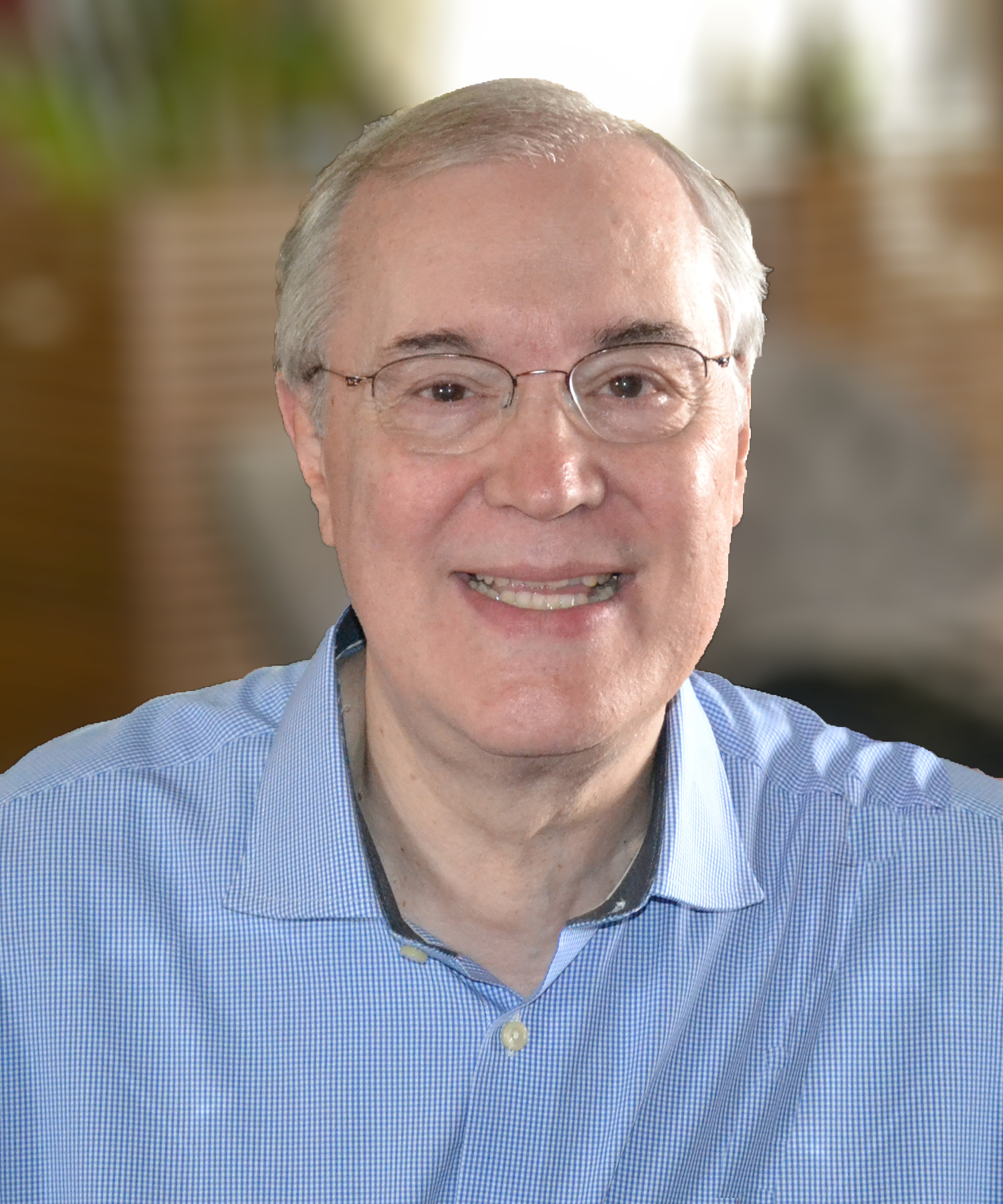
Carlos Augusto Pasqualucci
Assistant Professor, Department of Pathology, FMUSP
Carlos Augusto Pasqualucci was born in São Paulo, Brazil, in 1952 and graduated in Medicine in the ABC Medical School – São Paulo, in 1975. From 1976-1978 he completed the residency program in Pathology, in Servidor Público Estadual Hospital, in São Paulo. He obtained the degree of PhD, in 1984, in University of São Paulo Medical School.
Current Academic Activities:
– Professor of the Department of Pathology, University of São Paulo Medical School since 1981.
– Head of Cardiovascular Pathology Laboratory of the Department of Pathology, University of São Paulo Medical School since 1990.
– Director of the Physiopathology in Aging Lab of the University of São Paulo Medical School since 2007.
– Director of the São Paulo Autopsy Service since 2016.
Research Interests
His research focus on the study of physiopathology in cardiovascular diseases, mainly the atherosclerosis and his association with dementia.

Ricardo Nitrini
Full Professor, Department of Neurology, FMUSP
Ricardo Nitrini was born in São Paulo, Brazil, in 1947 and graduated in Medicine in the University of São Paulo (USP) School of Medicine in 1971. From 1972-1974 he completed the residency program in Neurology, in Hospital das Clínicas, in São Paulo. In the same University (USP) he obtained the degrees of MSc (1981), PhD (1986) and Associate Professor of Neurology (1993). Since 2012 he is Full-Professor of Neurology.
He is the founder and editor-in-chief of Dementia & Neuropsychologia, area-editor (Neurology) of the journal Clinics and he is member of the Editorial Board of Alzheimer’s Disease and Associated Disorders, Journal of Alzheimer’s Disease and Arquivos de Neuropsiquiatria. He is author of 295 papers in PubMed indexed journals, 22 books and 115 chapters in books. His H-index is 25, with 2839 citations (Web of Science).
Academic achievements:
– Associate Coordinator of the undergraduate course in Neurology in FMUSP from 1987 to 1989.
– Organizer of the Up-Date in Neurology, a course that started in 1989 and it is held every two years, always accompanied by a book that contains all the classes / conferences presented in the course.
– Coordinator of the Graduate Program in Neurology FMUSP from 1992 to 2015.
– Chairman of the Scientific Committee of the Brazilian Congress of Neurology, 1998.
– Brazilian Delegate (Representative) of the Brazilian Academy of Neurology for the World Federation of Neurology from 2002 to 2006.
– Coordinator of the Reference Center on Cognitive Disorders (CEREDIC) of the Hospital das Clínicas – FMUSP since 2005.
– President of the South American Federation of Neurology from 2006 to 2012.
– Member of the Postgraduate Committee of FMUSP from 2009 to 2013.
– Member of the Board of Directors of the Hospital das Clínicas – FMUSP since 2015.
– Member of the Board of Directors of the Brazilian Brain Brain Bank, a multidisciplinary initiative to study brain aging and dementia.
– Organizer of the Meeting of Researchers in Alzheimer’s Disease, which started in 1997 and had 10 meetings.
– Organizer of the Brazilian Congress of Frontotemporal Dementia.
– Co-chairman of the World Congress of Brain, Behavior and Emotions in June 2017.
Research interests
His main area of research is on dementia including epidemiology, clinical diagnosis, neuroimaging, pathology and treatment. He is the director of the Behavioral and Cognitive Neurology Unit of the Department of Neurology and of the Reference Center for Cognitive Disorders, in São Paulo, Brazil.
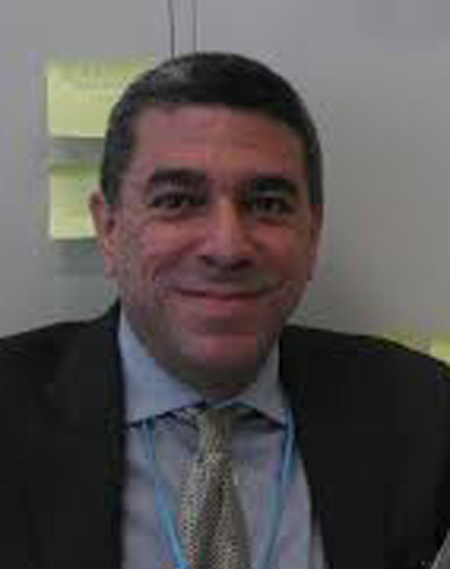
Eduardo Ferriolli, MD, PhD
Medical degree from the Ribeirão Preto Medical School of the University of São Paulo (1988), PhD in Medicine (Internal Medicine) from the University of São Paulo (1993). Post-Doctorates in Geriatrics at the Universities of Southampton (1994 – 1995) and Edinburgh (2009), UK. Currently a Full Professor at the Medical School of Ribeirão Preto at the University of São Paulo. Experience in Medicine, with emphasis on Geriatrics, working mainly in the following subjects: aging, geriatrics, body composition, energy metabolism and protein, using stable isotopes in clinical research.
Research interests
Special interest in the Frailty Syndrome and in sarcopenia.
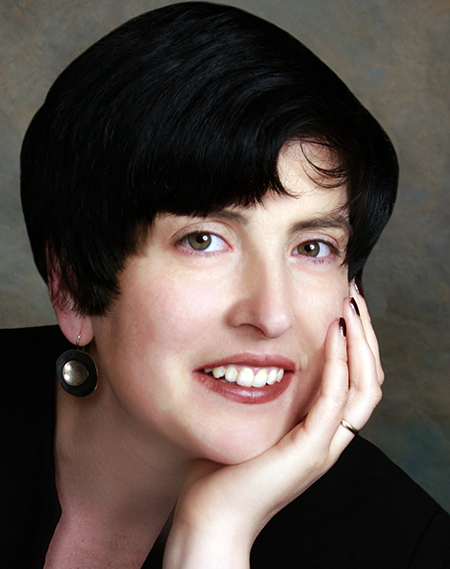
Lea Tenenholz Grinberg
Dr. Grinberg is a neuropathologist with interest in brain aging and associated disorders. Currently, Dr. Grinberg is an Associate Professor of Neurology and Pathology at the University of California in San Francisco, Assistant Professor (on leave) of Pathology at the University of Sao Paulo – Brazil. She received an MD degree at Faculdade de Ciencias Medicas da Santa Casa de Sao Paulo and residency in Pathology and Ph.D. in neuropathology at University of Sao Paulo Medical School. She also received training in Neurodegenerative diseases at the Washington University in St. Louis. Her post-doc training in neuroanatomy was completed at the Universty of Wuerzburg, Germany as a Humboldt Foundation fellow. Dr. Grinberg is a founding member of the BioBank for Aging Studies (formerly known as Brazilian Brain Bank of the Brain Aging Aging Study Group). She currently serves in the Biobank Executive Board. By investigating this Biobank collection, Dr. Grinberg led studies showing that vascular dementia, a preventable disease, is much more common than appreciated in Brazil, that people with African-ancestry have different risk factors for dementia than Caucasians. These findings together with other discoveries from Biobank investigators are changing the perception of the underlying causes and risk factors for dementia in the Brazilian population and helping to shape public policies and direct efforts to develop diagnostic tools and therapeutics tailored for this population. Not less important, Dr. Grinberg led studies showing that Alzheimer’s disease starts building up in the brain in a region called brainstem. This could explain why people who develop Alzheimer dementia sometimes manifest depression, anxiety and sleep problems even before they show memory loss. At UCSF, Dr. Grinberg runs an active lab (http://grinberglab.ucsf.edu ) at the Memory And Aging Center that pioneers in studies investigating the mechanisms, spreading and features of neurodegenerative diseases during its early, clinically silent stages using postmortem human brain tissue, neurons derived from iPSCs and advanced computing technology. She also serves as a director of a Human Validation Core for the NIH-funded Center Without Walls for Tau Biology and co-leader of the UCSF/ Neurodegenerative Disease Brain Bank. Dr. Grinberg joined Global Brain Health Institute (www.gbhi.org) in 2016 and serves as a mentor, member of the selection and origination committee and the executive committee.
Research interests
Alzheimer’s disease, Frontotemporal lobar degeneration, vascular dementia, Parkinson’s disease, chronic traumatic encephalopathy, histology-based neuroimaging validation.
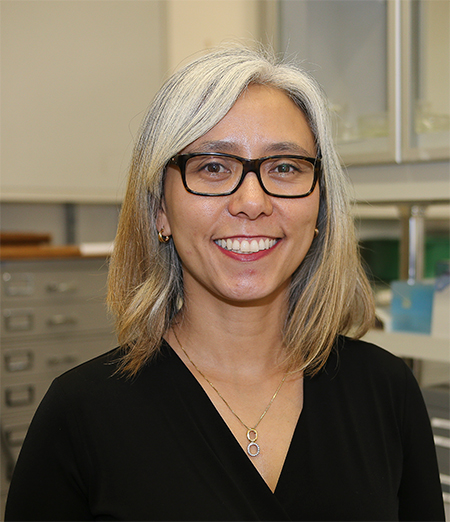
Claudia Kimie Suemoto
Assistant Professor, Discipline of Geriatrics, FMUSP
Dr. Claudia Suemoto is a medical graduate from the Medical School of the University of São Paulo, with residency in Clinical Medicine and Geriatrics by the same institution. She has a doctorate in Sciences on the association between cardiovascular risk factors and dementia. Claudia holds a master’s degree in Epidemiology and a postdoctoral degree from the Harvard School of Public Health. In 2016, she was one of the laureates with the prize “For Women in Science” promoted by L’Oreal, UNESCO, and the Brazilian Academy of Sciences.
Research Interests
My research focus on the study of risk factors for dementia, mainly the association between cardiovascular diseases and dementia.

Renata Elaine Paraizo Leite
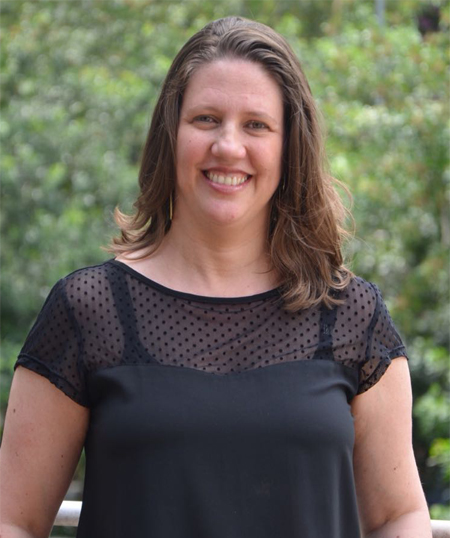
Renata Eloah de Lucena Ferretti-Rebustini, PhD
Nurse graduated from the Federal University of São Paulo, where she also specialized in Geriatric and Gerontological Nursing. PhD in Sciences (Pathology in Aging) by the Faculty of Medicine of USP. Post-doctorate in Psychometrics by the Laboratory of Psychometric and Experimental Methods of the University of Quebec in Trois-Rivières, Canada. Leader of the Research Group on Nursing in Intensive Care. Associate Editor of the Journal of Nursing School of USP. Coordinator of the Residency Program in Nursing in Cardiopneumology of High Complexity of EEUSP / InCor-HCFMUSP. Dr. Renata has experience in nursing, with emphasis on gerontological nursing, nursing in cardiology, nursing in intensive care, and psychometry.
Research interests:
Dr. Ferretti-Rebustini is interested in the validation of methods for measuring health phenomena (psychometry and clinimetry); by the study of the encephalic and functional repercussions of the cardiovascular alterations in older adults; and by the study of cardiogerontological nursing care in intensive care.

Helena Bretani
Helena Brentani holds a degree in medicine from the University of São Paulo (1990), a Master’s degree in Psychiatry and Medical Psychology from the Escola Paulista de Medicina (1998) and a PhD in Psychiatry from Universidade de São Paulo (2001). She worked in the bioinformatics laboratory of the Ludwig Institute for Cancer Research and she was the coordinator of the bioinformatics laboratory at AC Camargo Hospital. Since 2010 she has been a Ph.D. Professor at the Department of Psychiatry at the Medical School of the University of São Paulo and coordinator of the Autism Spectrum Disorder Program (PROTEA) at the Child and Adolescent Psychiatry Service at Hospital das Clínicas at FMUSP. She is a mentor in the postgraduate programs in Psychiatry and Bioinformatics at USP. She coordinates the Laboratory of Bioinformatics ‘PsysBio’ of the Laboratory of Medical Research of HC-FMUSP – LIM23, which has a bioinformatics infrastructure to carry out large-scale analysis studies.
Research interests:
Her research area is related to the search for biological markers of risk for diagnosis, prognosis and therapeutic response for neurodevelopmental disorders. Currently, she has a research productivity scholarship CNPQ level 2, published 146 articles in scientific journals, counts with 1559 citations and h-index of 22.
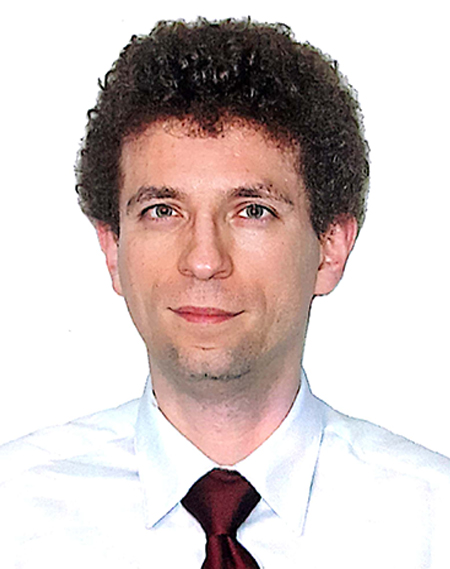
Luiz Fernando Ferraz da Silva
Assistant Professor – Department of Pathology, University of Sao Paulo Medical School
Vice-Director of the Sao Paulo Autopsy Service from University of Sao Paulo
Senior Technical Advisor for the Undergraduate Provost, University of Sao Paulo
Luiz Fernando get his MD in 2002 and Residency in pathology in 2006 at University of Sao Paulo. He got his PhD in Pathology in 2006 at the same institution and a Post-Doctoral Fellowship in 2017 at Massachusetts General Hospital / Harvard Medical School. He was appointed as Young Physician Leader by the international partnership and international academy of science in 2018.
Research Interests:
His main research areas include autopsy pathology and pathological-radiological correlation with computed analysis of pathological and radiological images, as well as the study of minimally invasive autopsy strategies including those using angiotomography and sonography.
